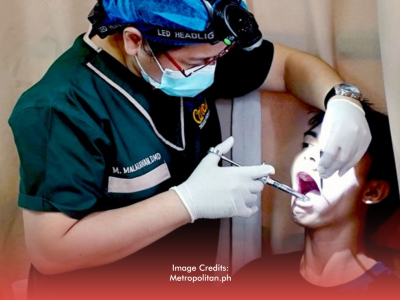In response to the rising number of dengue cases across the Philippines, the Philippine Health Insurance Corporation (PhilHealth) has announced a substantial increase in its benefit package for severe dengue. Starting November 1, 2024, the coverage for severe dengue will jump from PHP16,000 to PHP47,000. This move comes at a time when dengue cases are spiking nationwide, with PhilHealth looking to ease the financial burden for affected families, ensuring that more Filipinos can have quick access to timely healthcare.
A Growing Public Health Concern
Dengue has become a growing public health concern in the Philippines, with the Department of Health (DOH) reporting a total of 314,785 cases from January 1 to October 26, 2024. The National Capital Region (NCR) is among the hardest-hit areas, with 24,232 reported cases and 66 dengue-related deaths, pushing the region to an alert level. The surge in cases highlights the urgent need for accessible healthcare, and PhilHealth’s decision to increase the benefit package is seen as a vital step in helping affected families manage the costs of treatment.
Expanding Coverage to Provide Financial Relief
PhilHealth President and CEO Emmanuel Ledesma emphasized that the increased benefit is part of the corporation's ongoing efforts to provide better financial protection for Filipinos. “PhilHealth is committed to supporting Filipinos, especially during these challenging times,” said Ledesma. The enhanced benefit for severe dengue cases aims to reduce the financial strain on families, making it easier for them to seek immediate medical attention without the worry of overwhelming hospital bills. Prior to this increase, PhilHealth had already raised the benefit for dengue cases, with or without warning signs, from PHP10,000 to PHP13,000.
Copayment Rules for Non-Ward Accommodations
While the expanded coverage offers significant relief, PhilHealth has also outlined guidelines regarding non-ward accommodations. Patients who choose upgraded services beyond the minimum standards of care—such as private rooms or additional amenities—will be required to pay a copayment. This includes charges for private or executive rooms, physician preferences, and amenities like refrigerators, microwaves, and Wi-Fi. In public hospitals, similar fixed copayments will apply for non-basic accommodations. PhilHealth reminds patients that they should be informed by their attending physicians about the minimum standards of care for severe dengue, as well as any additional costs for opting for enhanced services.








